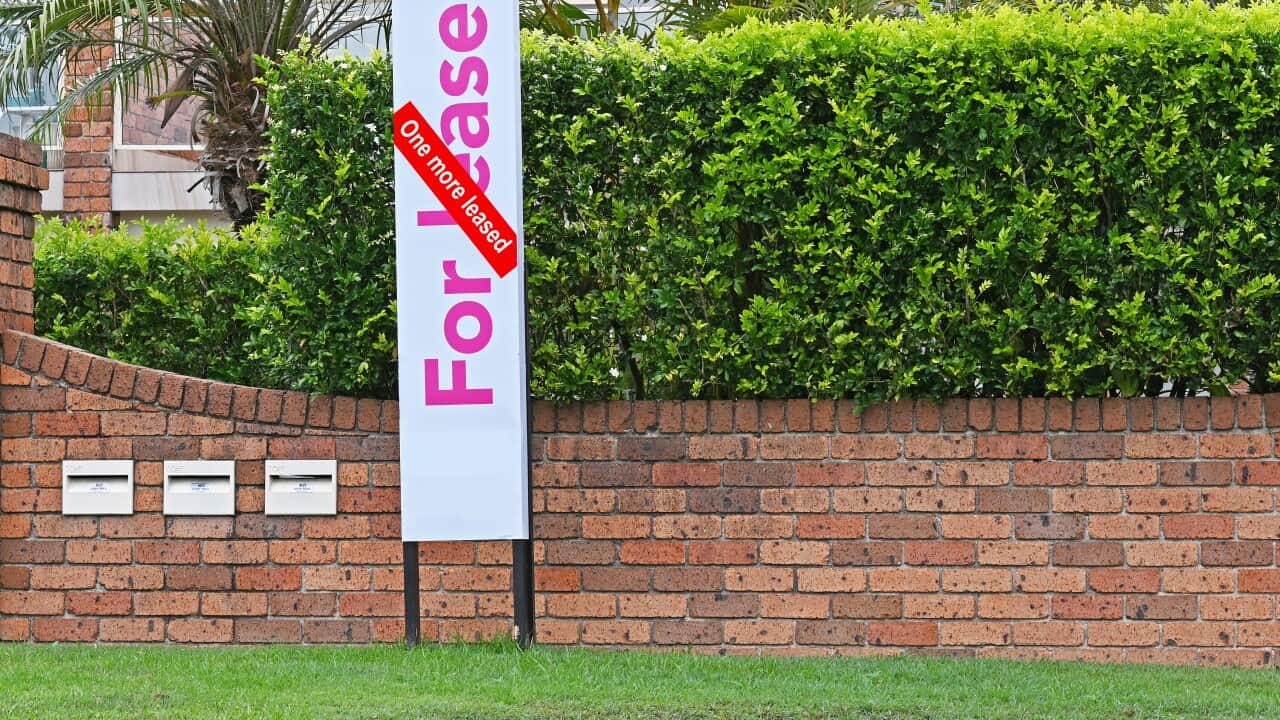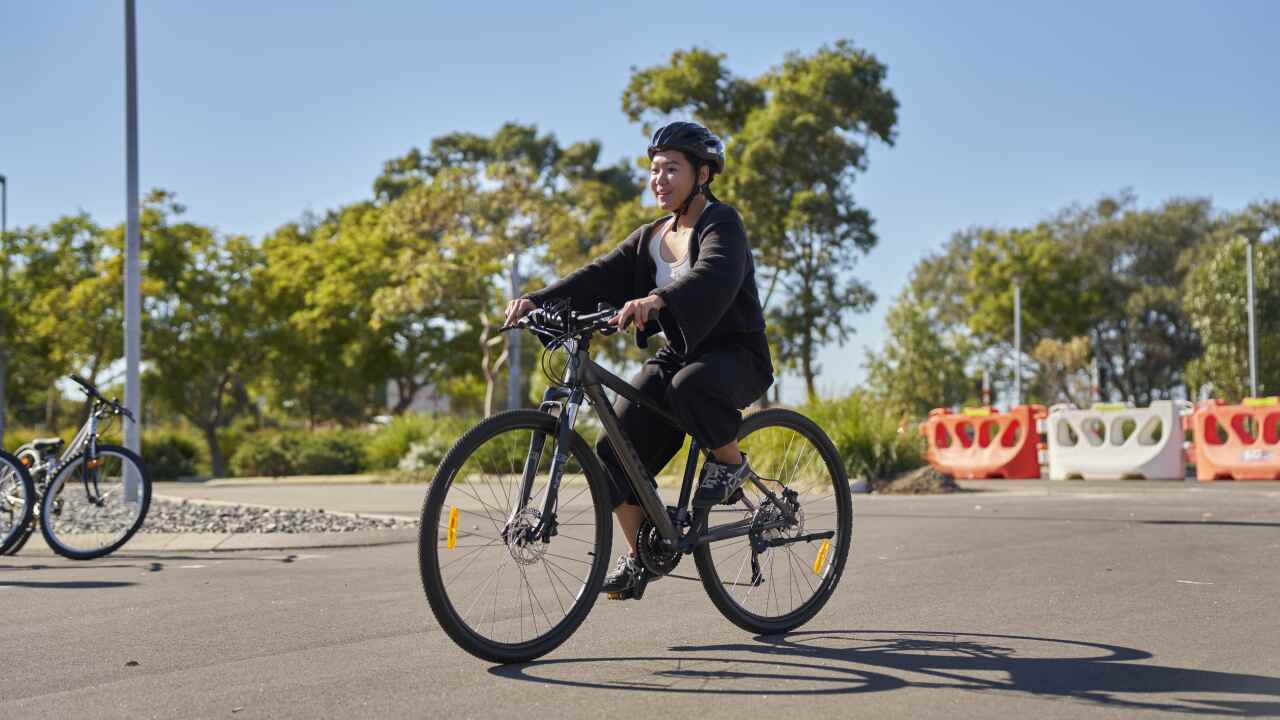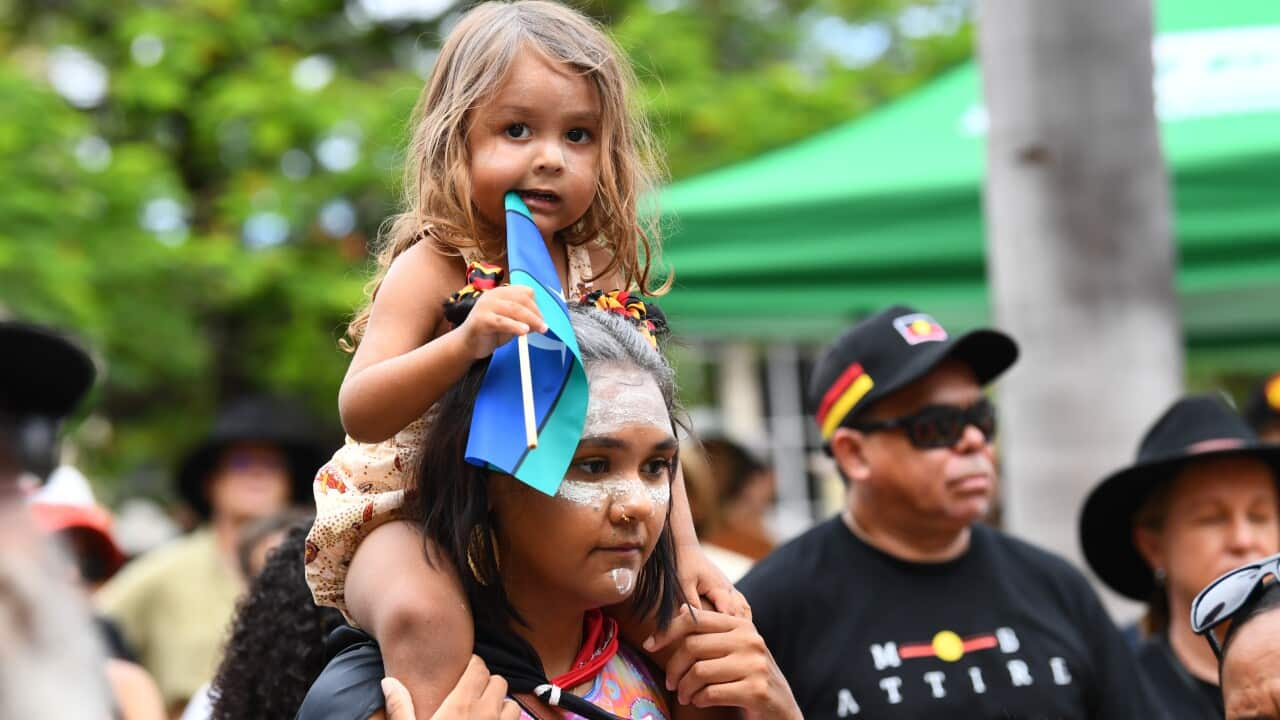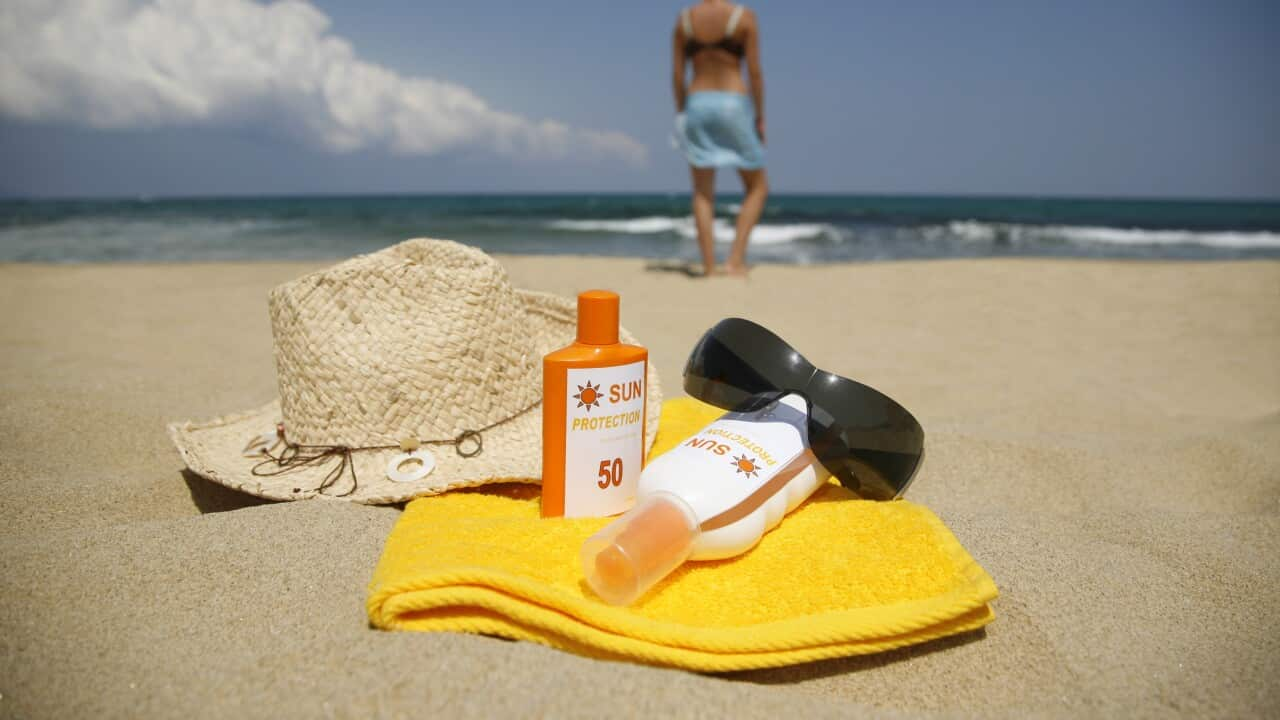Key Points
- Start by investigating interest rates and features of home loans available in the market.
- A deposit of between five and twenty per cent is one of the prerequisites.
- Check for government home-buying assistance you may be eligible for.
Buying a house is usually one of the biggest purchases in one’s life.
But understanding your options and how the home loan market works can ease budgeting and provide peace of mind.
Government websites, both state and national, are a great starting point for understanding the home-buying process.
How the market works
is a Federal Government website providing consumer education. It is operated by the Australian Securities and Investments Commission (ASIC).
Andrew Dadswell is the Senior Manager of Consumer Communications at ASIC.

Applying with a friend or partner could maximise your chances in getting approved for a home loan, due to combined incomes. Source: Moment RF / Maria Korneeva/Getty Images
“Because you have it for such a long period of time - home loans can be 25 or 30 years in length - even a small amount of difference in the interest rate you pay can add up to thousands of dollars over the course of your loan.”
When it comes to comparing home loans, the key thing is to shop around and do your research.Andrew Dadswell, Senior Manager of Consumer Communications, ASIC.
Knowing what the average interest rate is now, is crucial.
Visit Moneysmart’s tool to get this information and use it to negotiate with your bank or mortgage broker for a better than the average one, Mr Dadswell advises.
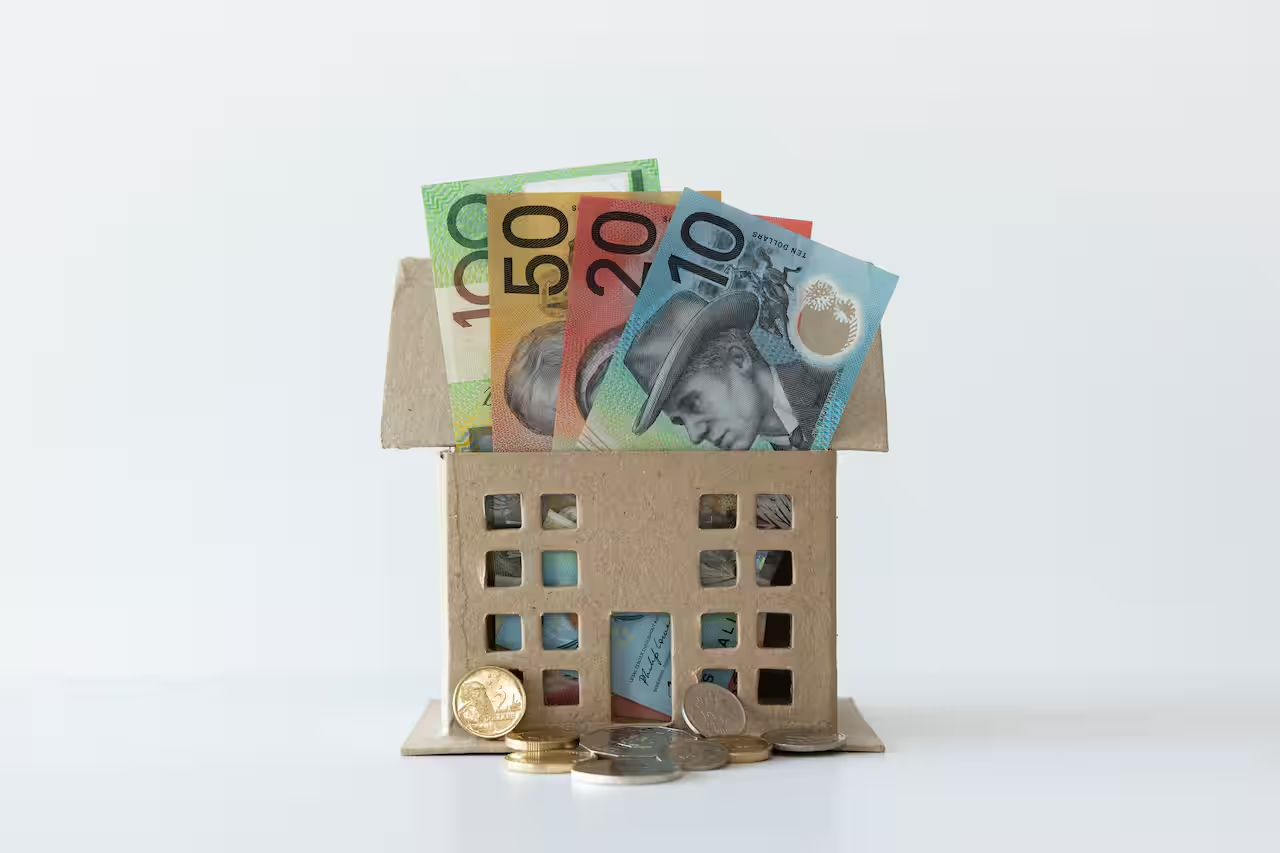
In variable rate home loans, your interest rate changes when the bank decides, which is usually influenced by the official cash rate set by the Reserve Bank of Australia, Mr Dadswell explains. Source: Moment RF / Traceydee Photography/Getty Images
What are your priorities?
It’s also important to know your priorities.
Is your priority borrowing as much as possible within your means? Securing the most competitive interest rate? Or getting quick loan approval, provided you meet all the conditions?
Or perhaps all of the above. Home loan features on the Australian market vary, but the two main types of home loans are fixed rate and variable rate loans.
“One of the advantages of a fixed rate loan is you know exactly what your repayments will be each fortnight or each month. But it does mean if interest rates go down, you might lose out on that benefit,” Mr Dadswell explains.
No matter what rate and type of loan you choose, you'll need to have saved a considerable amount of money.
“You need a deposit of at least five per cent, but ideally up to 20 per cent, which shows that you've got money to afford to have a mortgage.
“The higher you can save and pay for out of your own money, the less you have to borrow from a bank.”

The exact conditions of each home loan on the market may vary. And the amount of information can get overwhelming and confusing. Source: Moment RF / Richard Newstead/Getty Images
But beyond your research on the market, it is important to get personal financial advice, Rate City’s research director Sally Tindall says.
“So many people say ‘oh, but I'm not rich, I can't possibly approach a financial adviser'. That's not necessarily true, but there's also other avenues.
“A mortgage broker, for example, because they can advise you on the steps that you need to take that are suited to your finances.”
But when trying to work out how much to borrow, don’t just solely rely on a bank or a broker to tell you that figure.
“It’s really important to go and have a look at the numbers yourself, because of what we've seen in the last two years, 13 [Reserve Bank of Australia] RBA rate rises, four of which were double,” Ms Tindall says.
As part of the home loan application process, the lender will ask for evidence to assess your financial situation and ensure that you can afford to repay the amount you are borrowing.

Common evidence for your home loan application includes pay slips, bank statements, evidence of any assets and debts or liabilities, your savings and credit history. Source: Moment RF / d3sign/Getty Images
Pre-approval and mortgage brokers
While not a requirement in the home-buying process, prospective buyers can seek to get a loan pre-approval.
This means that a lender has agreed, in principle, to lend you a certain amount towards the purchase of your home. While not a final guarantee, it can give insight into your purchasing power.
Pre-approval has a time limitation, typically about three months from when issued.
“It's always worth within that three-month timeline… if you've had a change in circumstances in terms of employment, or if the RBA fires off another rate hike, you might want to go back to your bank and just double-check the maximum borrowing capacity they're likely to agree to,” Ms Tindall says.

There are well over 100 lenders in the Australian market, including banks, credit unions, and other authorised institutions. Credit: courtneyk/Getty Images
To check a broker’s credentials, confirm that they publicly display, for example on their website, a credit licence number, or a credit representative number. And that they are a member of one of the two industry associations in Australia, or .
Depending on where you live, you may qualify for state/territory government grants.
Nationwide, eligible home-buyers can make use of the , an initiative including the First Home Guarantee.
George Samios, founder of mortgage broker service Madd Loans, explains how first home buyers can borrow up to 95 per cent and not pay lenders mortgage insurance under the scheme.
But he adds, “There's still a lot of other buying associated fees, that people need to fork out for when they buy a property, stamp duty, rates, water, building and pest insurance, but not paying lenders mortgage insurance is a huge saving.”

“For example, in Brisbane, the cap is $700,000. So, if you buy in a suburb like Coorparoo, which is close to the city, you can spend $700,000 and you only […] need a deposit of $35,000,” says Mr Samios. Credit: MoMo Productions/Getty Images
Ultimately, Mr Samios says, first home buyers should explore all types of support they may be eligible for, including stamp duty concessions or grants, like the .
“It basically means that you can save up to 17.5 per cent on your deposit. So, if you have to save $100,000 and you do it through super saver, you'll save $17,500 in tax.”
Subscribe or follow the Australia Explained podcast for more valuable information and tips about settling into your new life in Australia.


